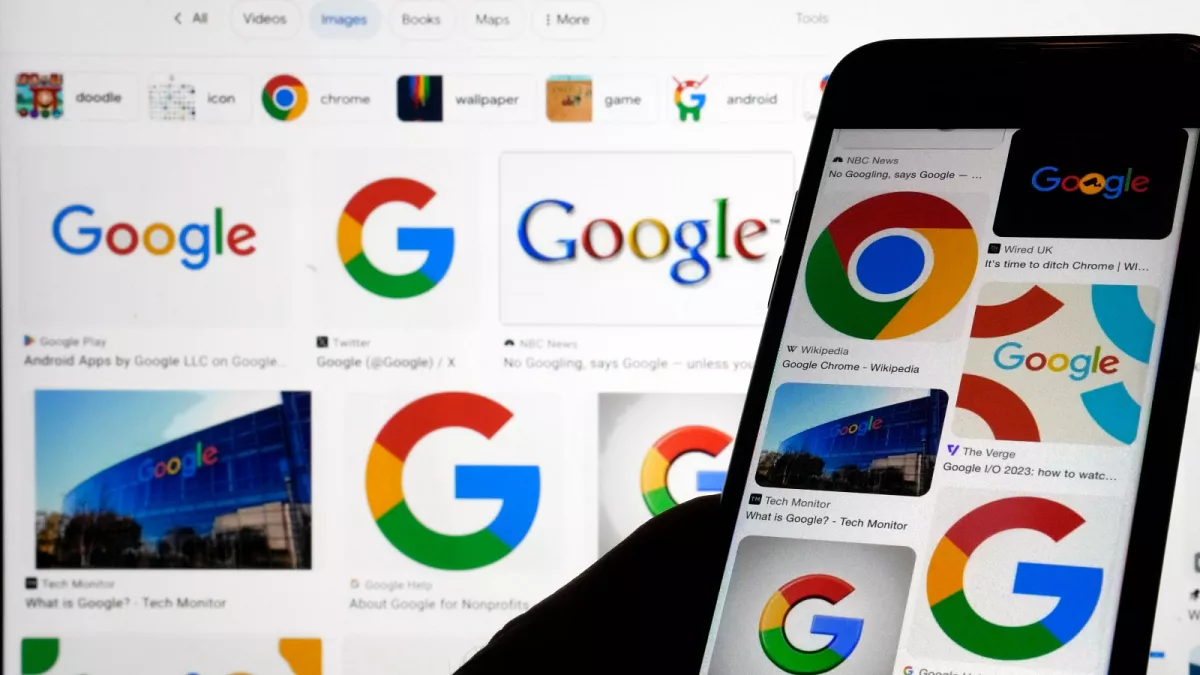Google is adjusting its search results in Europe following complaints from smaller rivals about reduced traffic and ongoing investigations by EU regulators into potential violations of the EU Digital Markets Act (DMA). The adjustments come after Google’s previous changes, which led to a significant decline in direct booking clicks for price comparison sites, hotels, airlines, and small retailers.
The DMA, which came into effect last year, aims to curb the dominance of Big Tech companies like Google by preventing them from favoring their own products and services in search results. Google, which has faced criticism for allegedly prioritizing its own offerings, has proposed changes to accommodate various industry groups while striving to comply with the DMA’s rules.
The new proposals include the introduction of expanded and equally formatted units that allow users to choose between comparison sites and supplier websites. Additionally, Google plans to introduce new formats for showing prices and images on competitors’ websites, as well as new ad units specifically designed for comparison sites.
Google’s legal director, Oliver Bethell, emphasized that these changes are intended to balance the demands of the DMA while addressing the concerns of various stakeholders. However, some of the proposed changes involve removing features that users have become accustomed to, such as the map displaying hotel locations and associated search results. This test, aimed at gauging user interest, would revert Google’s search results for certain European countries to the older “ten blue links” format.
Bethell acknowledged the reluctance to remove helpful features but stated that the decision was necessary to meet regulatory requirements. The European Commission is currently reviewing Google’s compliance proposals, with violations of the DMA potentially leading to fines of up to 10% of a company’s annual global turnover.
Some industry groups have already rejected Google’s proposals. British price comparison site Kelkoo argued that the new changes would not resolve the preferential treatment given to Google’s own Comparison Shopping Service (CSS), leaving rivals at a disadvantage. The German Hotel Association also expressed concerns, stating that a return to the basic blue links format would reduce transparency and hinder the visibility of smaller businesses, particularly independent hotels.
Lobbying group EU Travel Tech, which represents major travel companies like Booking.com and Airbnb, criticized Google for not addressing their concerns and urged the European Commission to take action against the company for potential DMA violations.
Despite the ongoing scrutiny, Google continues to push for adjustments that it believes will meet the regulatory goals of the DMA while balancing the interests of various industries.



